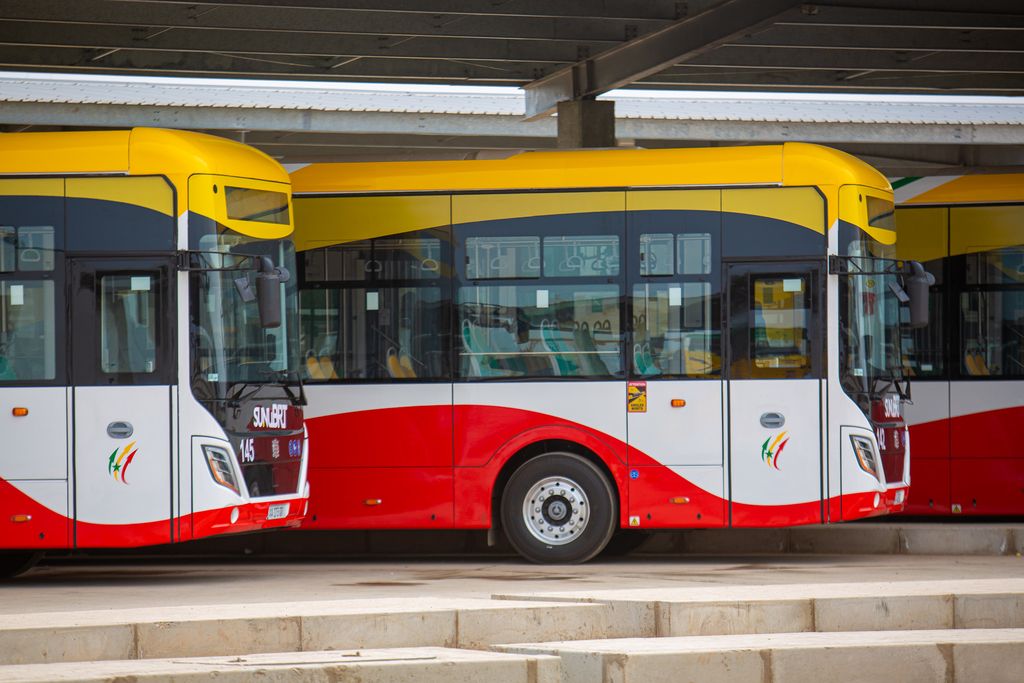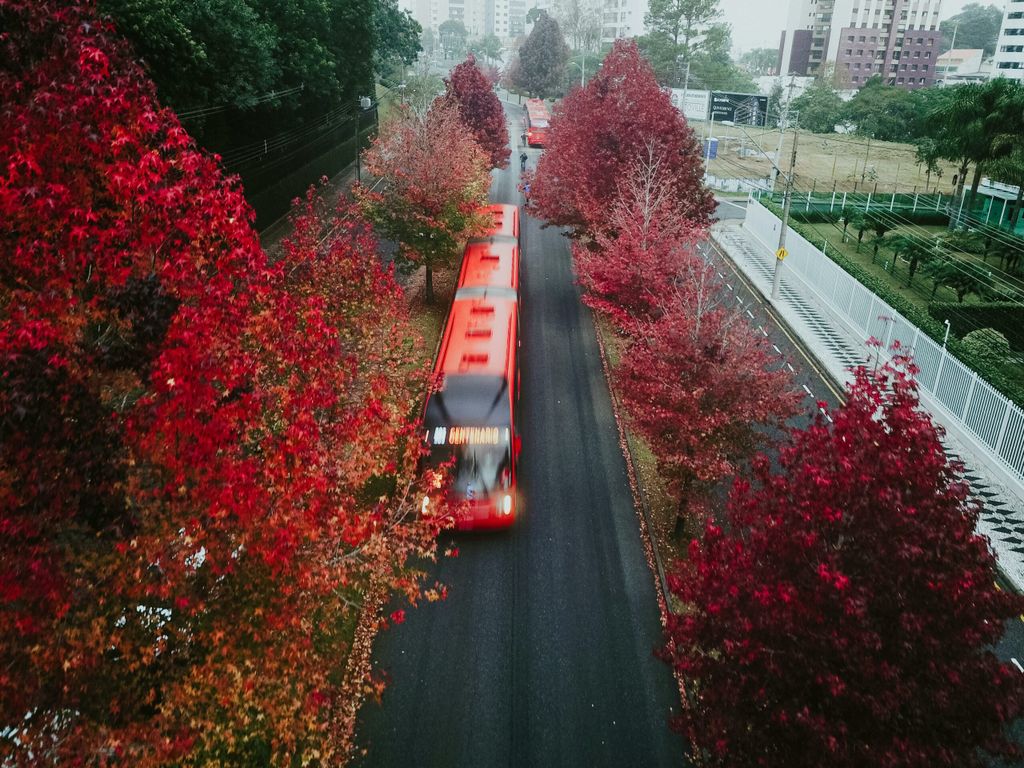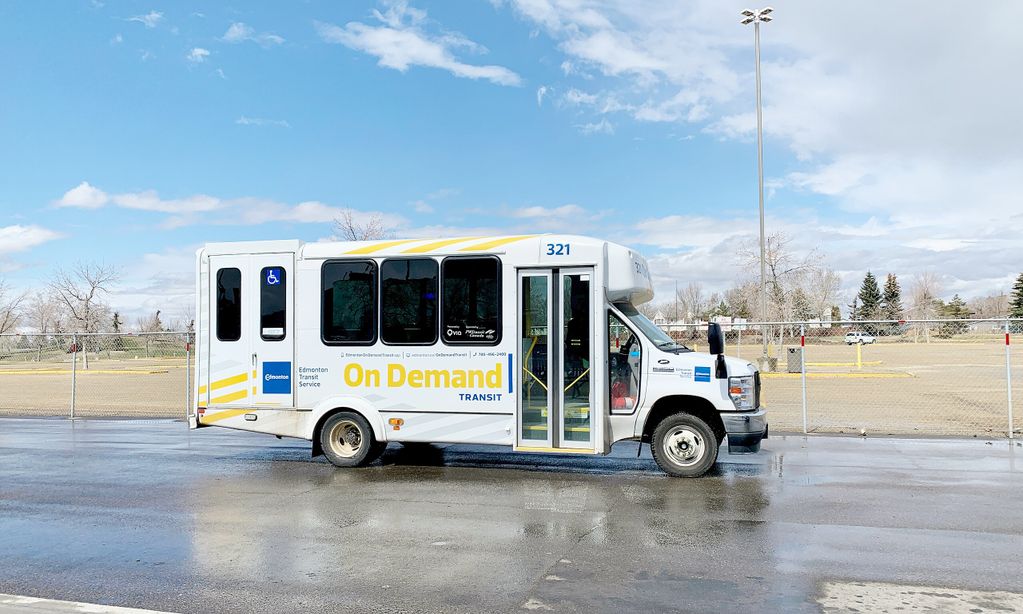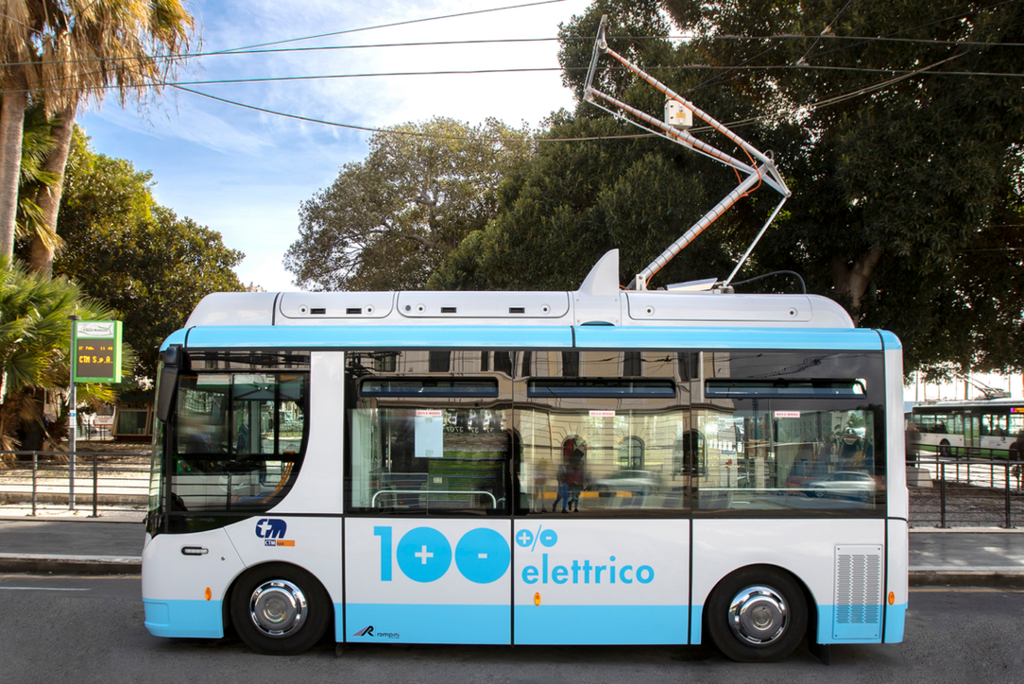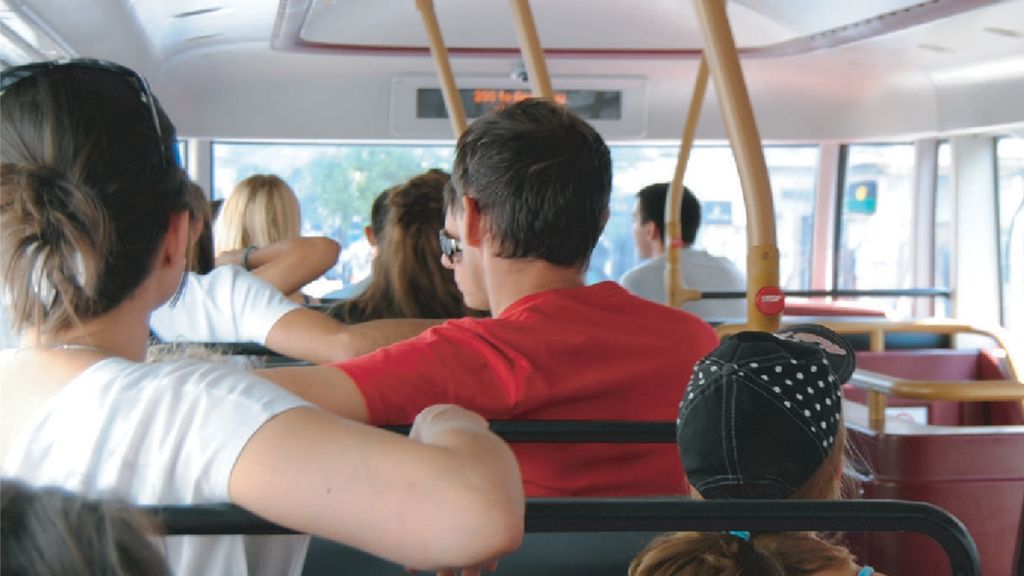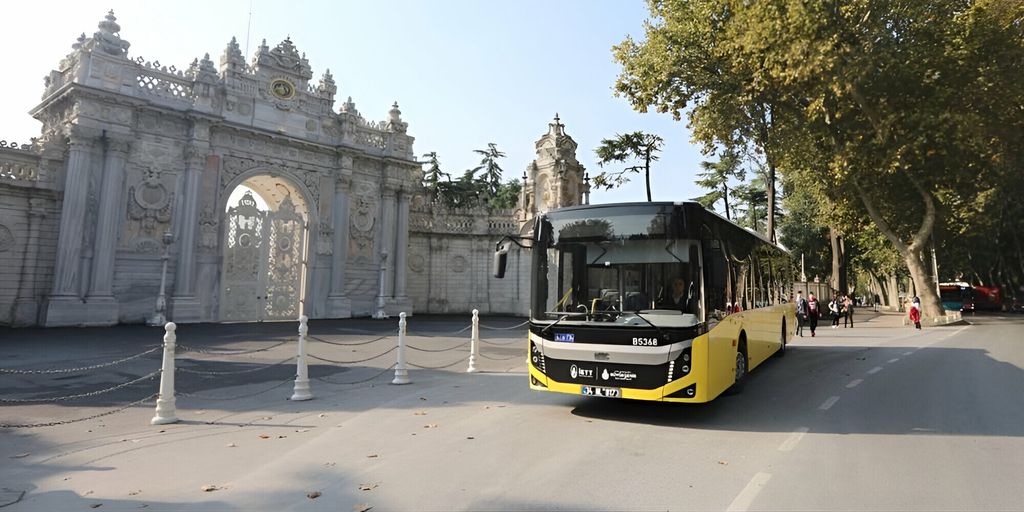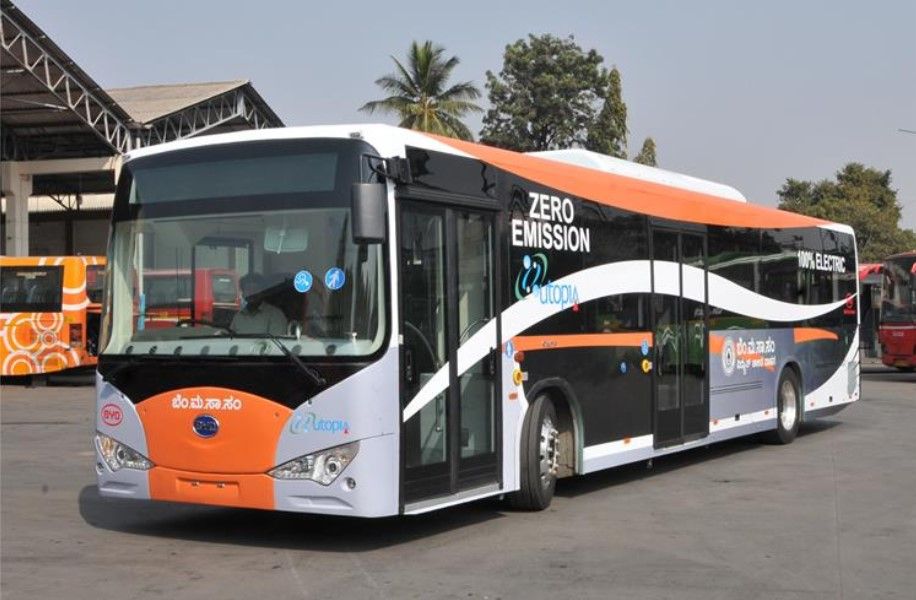
UITP India and ICCT collaborate to unveil roadmap for zero emission bus transition in Bengaluru
UITP India in partnership with International Council on Clean Transportation (ICCT) has published a working paper on ‘Fleet Wide Transition to Zero Emission Buses – A roadmap for the city of Bengaluru’. The working paper is result of a four-year long project funded by the International Climate Initiative (IKI), Germany to accelerate India’s transition to soot-free and zero emission urban bus fleets. UITP India and ICCT signed an MoU with Bengaluru Metropolitan Transport Corporation (BMTC) to provide technical assistance for the initial deployment of Bharat Stage VI (BS VI) and electric buses in the cities and to develop a fleet-wide strategy towards the longer-term transition of the entire bus fleet to soot-free and zero emission buses. This would further help to reduce operational costs, lower energy consumption, and improve the overall air quality in the city.
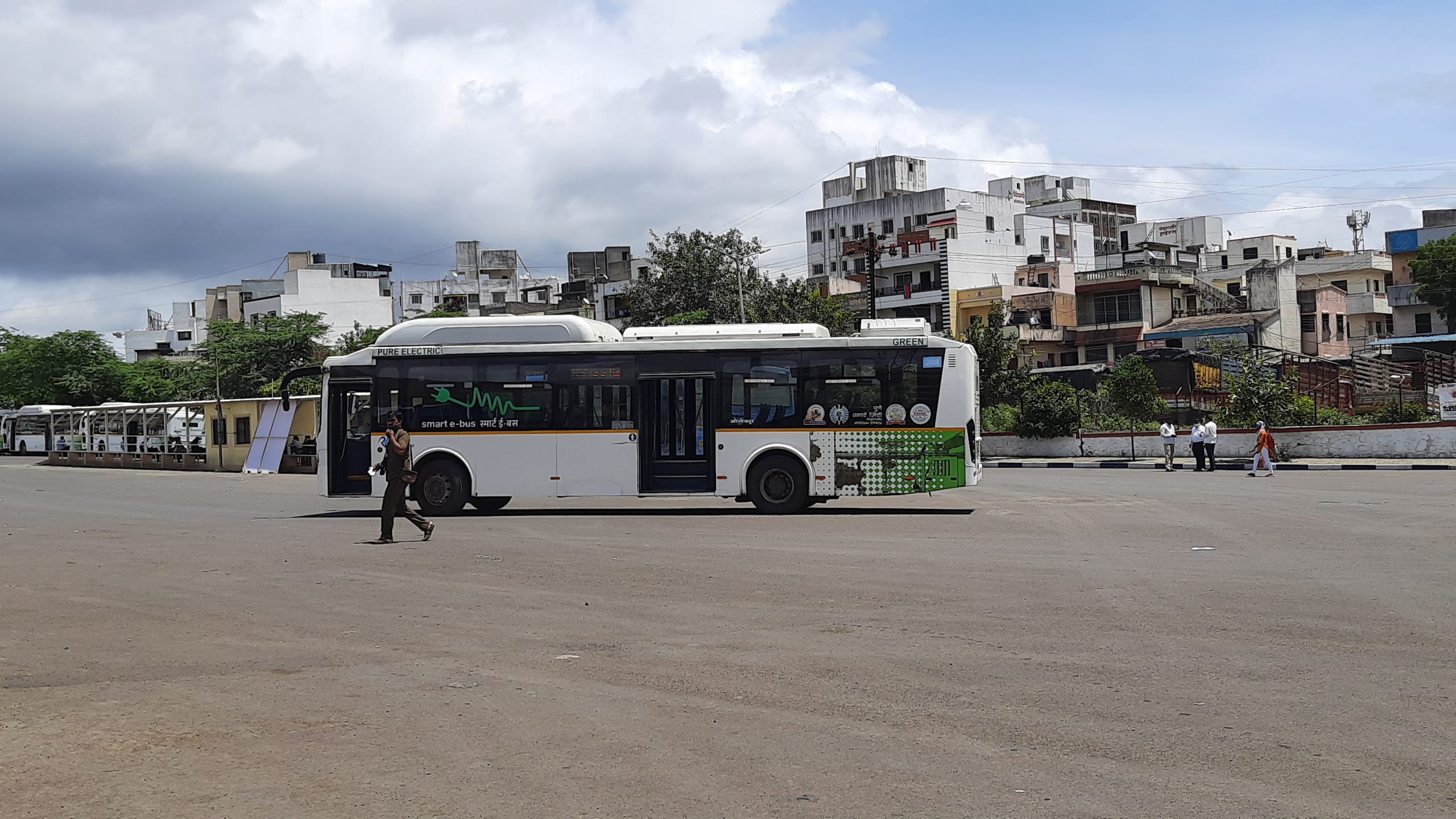
Decarbonising public transport fleet
To decarbonise their public transport fleet, BMTC took several initiatives such as phasing out BS-II and BS-III buses and moving towards greener modes of public transport. BMTC also undertook a fleet modernisation programme and identified induction of electric buses into their fleets as part of the development strategy. However, BMTC had been facing challenges on route deployment and charging strategies. The project intended to support BMTC in successful deployment of zero emission buses and learnings that can be shared across other cities in India.
In 2021-2022, BMTC procured 300 e-buses under the FAME II scheme and has decided to induct a total of 1,941 electric buses by 2023. As part of the project, UITP India and ICCT supported BMTC in tender evaluation of 300 e-buses under FAME II. The current publication is part of series of working papers published to support electric bus deployment in city of Bengaluru that requires significant efforts in procurement, planning and deployment of electric buses.
Series of Publications on deployment strategies
The first working paper ‘Strategies for deploying zero-emission bus fleets: Development of real-world drive cycles to simulate zero-emission technologies along existing routes’ focused on methods for development of representative drive cycles of urban bus fleet operations that is fundamental to fleet-wide planning for zero emission bus deployment. The second working paper in the series titled ‘Strategies for deploying zero-emission bus fleets: Route-level energy consumption and driving range analysis’ described the development of tools and methods to perform route-level analysis to support electric bus deployments.
The work done under the four-year long project has been widely disseminated to Indian and international stakeholders in various capacity building programmes conducted by UITP in Bengaluru in 2019, New Delhi in 2019, Jaipur in 2021 and New Delhi in 2022 with active participation from our partners ICCT. The work done under this project found synergies with other research projects of UITP India wherein performance evaluation of six cities was being carried out by UITP and ICCT carried out qualitative assessment of public transport in Maharashtra.
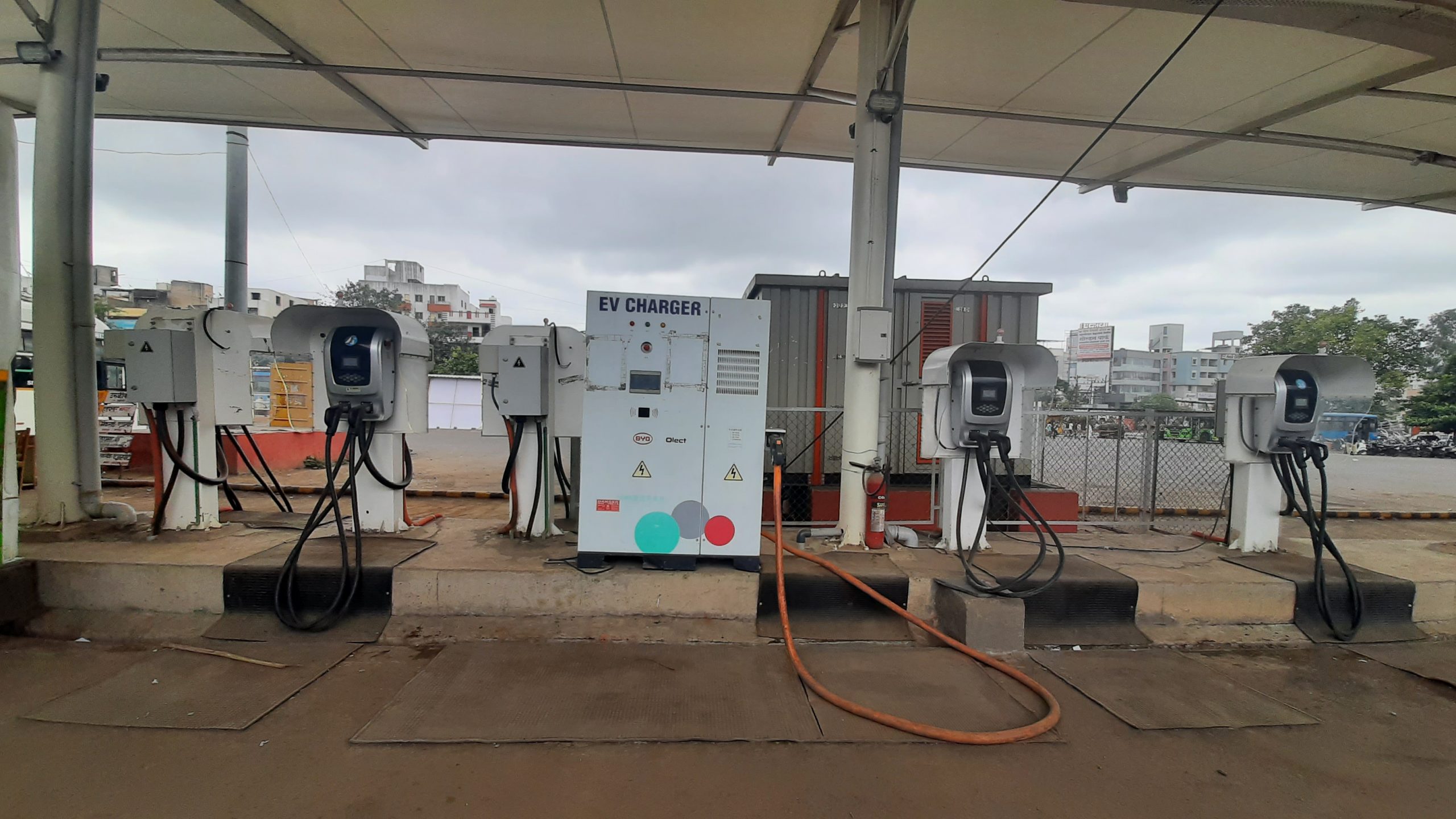
The final working paper ‘Fleet Wide Transition to Zero Emission Buses’ focuses on fleet estimates and service overview, financial implications, emission reduction benefits, and the capacity building needs. The paper includes establishing the bus fleet needs until 2030, a bus-level TCO based technology and business model alternatives assessment, the fleet-level TCO and overall financial assessment towards achieving the vision and the environmental impact of the proposed fleet-wide strategy.
Read the working paper here.




